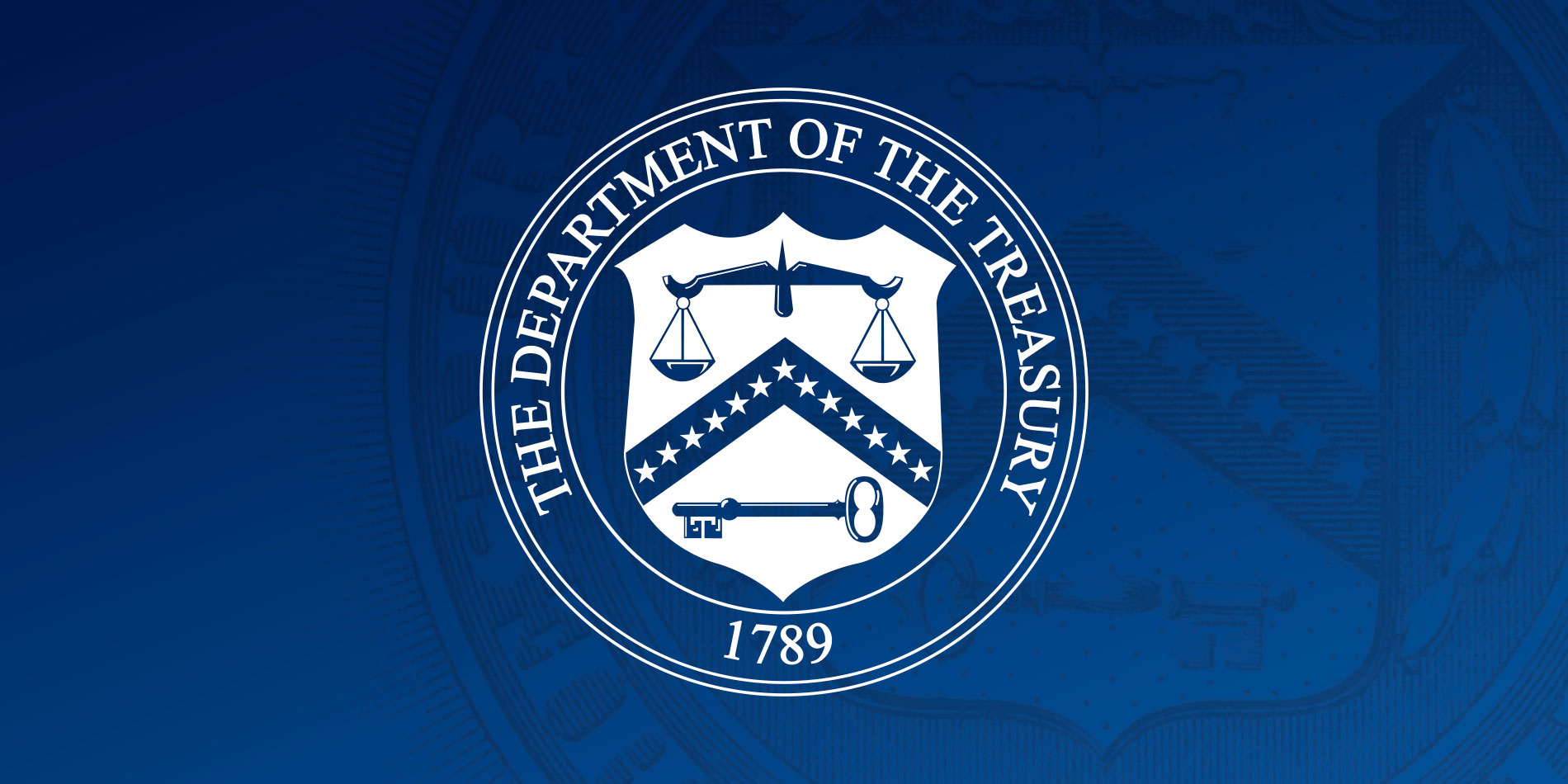The function of sensible telephones as snitches is well-established, with folks paying for his or her helpful communications capabilities whereas the treacherous units monitor us and reveal particulars of our lives. At the same time as the federal government spoofs cellphone towers to find cellphone customers, or purchases industrial information about our actions, border brokers additionally insist they’ll, at will, search the telephones of Individuals returning dwelling. However final month a federal decide dominated {that a} free cross to probe digital units is just too broad, and that Individuals get pleasure from some protections on the border of the type they’ve elsewhere.
On this newest case, United States v. Smith, Jatiek Smith, the topic of a federal investigation, was stopped on the airport in Newark on his return from Jamaica. As detailed by U.S. District Choose Jed S. Rakoff, federal brokers “pressured him to show over his cellphone and its password. They reviewed the cellphone manually and created and saved an digital copy of it because it existed as of that date and time – all with out a search warrant.”
Wait. No warrant? Sadly, sure.
The Rattler is a weekly publication from J.D. Tuccille. For those who care about authorities overreach and tangible threats to on a regular basis liberty, that is for you. Electronic mail (Required) Cellphone This discipline is for validation functions and ought to be left unchanged. Δ
Border Search Exception
The U.S. Supreme Courtroom way back acknowledged (or created out of entire material) a “border search exception” to the Fourth Modification. The rationale is that the federal government is defending the nation’s sovereignty by controlling the entry of individuals and items into the nation.
Time marched on and other people started carrying digital units with them throughout the border that contained delicate correspondence, non-public paperwork, footage, recorded interviews, and the equal of full entry to folks’s lives and actions. However the regulation did not catch up rapidly.
“Border searches by no means require a warrant or possible trigger,” eleventh Circuit Courtroom of Appeals Choose William H. Pryor wrote as lately as 2018 within the case of United States v. Vergara.
Customs and Border Safety is not shy about utilizing this energy. In 2022, it performed 45,499 system searches at entry factors, up from 33,296 in 2018.
Relative to the entire variety of folks crossing the border, that will not be plenty of searches. Nevertheless it implies that it is open season on anyone who attracts the U.S. authorities’s consideration. Laura Poitras, who gained an Academy Award for her documentary about Edward Snowden, sued the U.S. authorities after repeated interrogations and searches when she entered the nation.
Such incidents prompted some lawmakers to name, unsuccessfully, for a statutory requirement for warrants throughout border searches. And courts did start pushing again.
The Fourth Modification Will get a Little Respect
“The Supreme Courtroom has not but thought-about the applying of the border search exception to smartphones, laptops, and different digital units that comprise the equal of tens of millions of pages of knowledge detailing essentially the most intimate particulars of our lives,” Sophia Cope, senior employees lawyer for the Digital Frontier Basis (EFF), explains. “Federal appellate courts, nonetheless, have thought-about this query and circumscribed CBP’s authority.”
Cope factors to rulings that require warrants throughout border searches of digital units that search proof for home legal investigations, or for something apart from “digital contraband” that’s, arguably, being smuggled into the nation. These instances had been knowledgeable by Riley v. California (2014) during which the U.S. Supreme Courtroom dominated that police should get warrants to go looking the telephones of these they’ve arrested. These developments considerably improved the respect accorded folks’s expectations of privateness of their digital units.
In Smith, Choose Rakoff builds on these earlier precedents to seek out that the information on digital units is protected by the Fourth Modification, even on the border. That implies that warrants are required. One essential consideration is the broad entry to folks’s lives supplied by looking units.
Emails Aren’t Contraband
“Looking out a mobile phone will usually enable regulation enforcement to study all there’s to find out about its proprietor’s previous actions, communications, and transactions – reams of knowledge that differ quantitatively and qualitatively from the kinds of knowledge an individual might ever have carried with him earlier than the arrival of recent ‘sensible’ telephones,” Rakoff wrote.
The decide additionally famous that nabbing an digital system is not actually corresponding to intercepting crates of contraband earlier than they enter the nation.
“When the Authorities interdicts contraband, identifies items topic to customs tax, or prevents somebody from getting into the nation with out authorization, it efficiently stops an individual or factor outdoors the nation from unlawfully coming into it. However information saved on a mobile phone just isn’t like that – it as a substitute can and really seemingly does exist not simply on the cellphone system itself, but additionally on faraway laptop servers probably positioned inside the nation,” Rakoff famous. “Stopping the mobile phone from getting into the nation wouldn’t, in different phrases, imply stopping the information contained on it from getting into the nation.”
The decide discovered that the rationales for a border search exception do not actually apply to digital information saved on digital units—particularly given the magnitude of the privateness implications from nosing by means of non-public info. He discovered that warrants are required for such searches and suppressed proof within the case that resulted from illegally probing the defendant’s cellphone.
“EFF is thrilled about this determination, on condition that now we have been advocating for a warrant for border searches of digital units within the courts and Congress for almost a decade,” writes Cope in analyzing the ruling. “If the case is appealed to the Second Circuit, we urge the appellate court docket to affirm this landmark determination.”
Too Quickly to Declare Victory
After all, that is the caveat. It is a district court docket ruling over issues that judges elsewhere have seen very in another way. This case could be litigated for years to return as it really works its approach up the judicial meals chain. It should cross muster on the appellate stage after which, hopefully, win approval by the Supreme Courtroom.
However the development when it comes to recognizing Fourth Modification protections for information on the border has been constructive. Incrementally, the courts are admitting that snooping by means of emails, video, and images is not the identical as stumbling on containers filled with cocaine (not that there is something incorrect with cocaine). So, there’s grounds for optimism in regards to the prospects for a level of digital privateness when returning dwelling from journeys overseas.
That mentioned, your cellphone remains to be a snitch.





